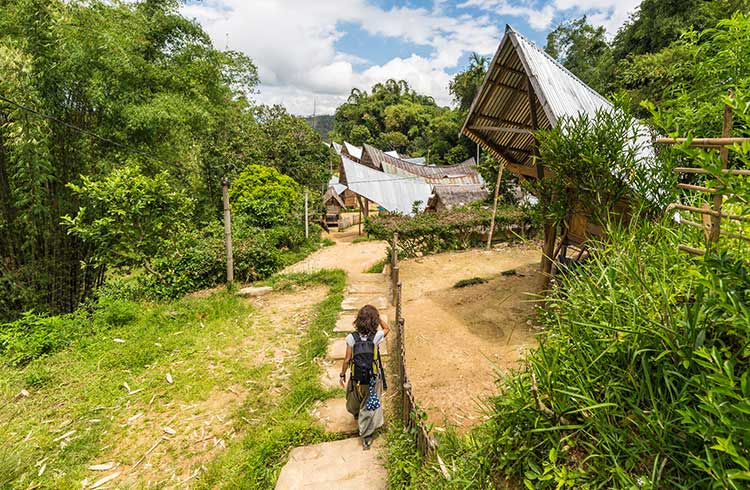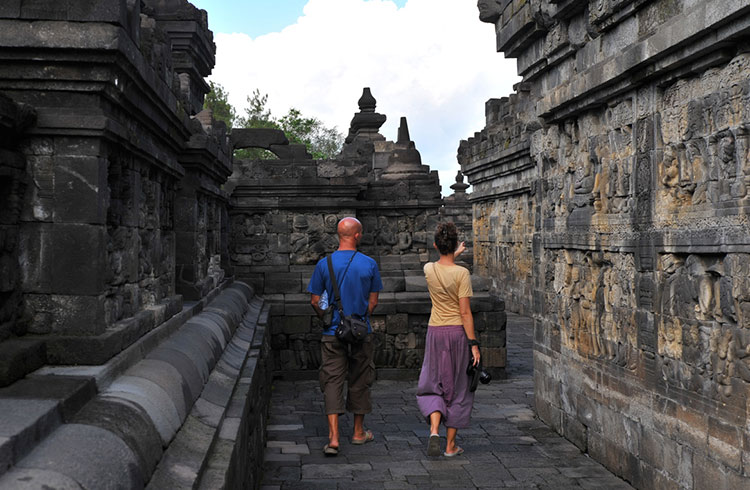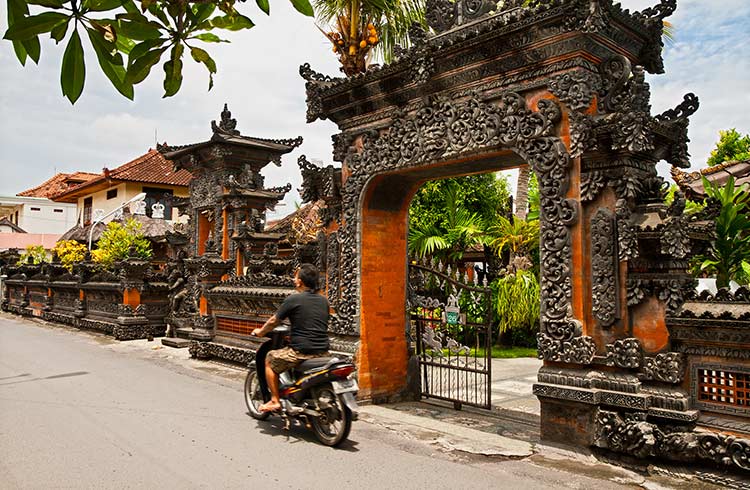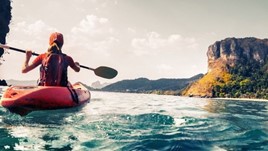Adventure, Wildlife and Culture in Sulawesi, Indonesia
Sulawesi is one of the largest islands in the Indonesian archipelago, but it's often overlooked by travelers due to concerns about safety. Nomad Morgan offers her tips on exploring this misunderstood island.
 Photo © iStock.com/fbxx
Photo © iStock.com/fbxx
- Dangers in Central Sulawesi
- Safe places to go
- Adventure activities
- Wildlife experiences
- Cultural encounters
- Tana Toraja culture
Travel safety in Central Sulawesi
The long-standing political and social tension in Central Sulawesi has put travelers off visiting the entire island. While tensions have calmed down recently, there is still a risk of sectarian violence. It's always important to check for up-to-date travel information prior to your departure and be aware of your surroundings, as the situation can change quickly.
Safe places to visit
While Central Sulawesi might be unstable, the rest of the island is safe for travelers. In fact, as the 11th largest island in the world, there are plenty of places to explore.
Of the island's six provinces, the North, West, South and South East provinces of Sulawesi offer safe travel and stunning natural beauty.
North Sulawesi is the perfect stepping stone to discovering wildlife on land and in the sea, while West Sulawesi offers the chance to experience traditional village life.
South Sulawesi is the gateway to the famed Toraja highlands, where the predominatly Christian population still carry out traditional funeral rites, drawing thousands of tourists each year. South East Sulawesi, the most geographically remote province, will fulfill your fantasy of deserted tropical islands.

Adventure activities
One of Sulawesi's biggest drawcards for many travelers is adventure. The city of Manado in North Sulawesi is the perfect base to explore the Minahasa Highlands, and to trek the active volcanoes of Mount Lokon and Mount Empung.
For some of the best diving in the world, there's the Bunaken National Park, in the coral triangle in North Sulawesi.
Located off the south-eastern leg of Sulawesi, the Wakatobi National Marine Park is challenging to get to – you may have to travel by small plane, ferry and canoe – but it's worth it for the unspoiled reefs and almost deserted islands.

Wildlife experiences
The Tangkoko National Park in North Sulawesi offers an authentic jungle experience. Here, you'll have the chance to spot wild tarsiers (super-cute primates) and the black-crested macaque.
Many of the wildlife experiences in Sulawesi are only possible with a guide; it's important to always choose a reputable and ethical tour company when visiting any nature sites in Sulawesi.

Cultural encounters
The Bugis are one of the largest ethnic groups in Indonesia and traditionally occupy the southern part of Sulawesi. Tied to the sea, the Buginese are known for their ocean travels and have settled along coastlines across Indonesia.
For an insight into local life, visit some of the traditional Bugis villages, where the houses are still built on stilts over the water.
Tana Toraja culture
One of the major cultural rituals that attracts visitors to Sulawesi is the funeral rites of the Torajan people in South Sulawesi. According to custom in Toraja, the dead are kept in mummified states in the house for years, while the family raises money for the burial.
Funeral ceremonies are a big deal in Toraja, and are only held during the dry season months of June to September.
A word of warning if you're planning on visiting Toraja during funeral season, as there's a mass slaughter of buffalos to accompany the dead into the afterlife.

Related articles
Simple and flexible travel insurance
You can buy at home or while traveling, and claim online from anywhere in the world. With 150+ adventure activities covered and 24/7 emergency assistance.
Get a quote


No Comments